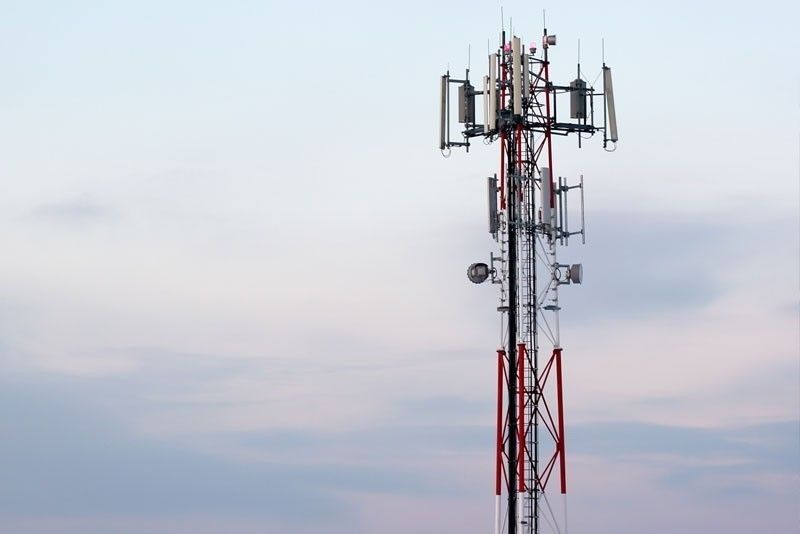Release of common tower policy to be delayed

MANILA, Philippines — Telecommunication companies and other information and communication technology stakeholders eagerly waiting for the final guidelines for the country’s policy on shared telco infrastructure will have to wait a little longer as the release has been pushed back a few more months.
The Department of Information and Communications Technology (DICT) last Friday published the rules on the so-called “accelerated roll-out of common towers,” which will be a proof of concept to serve as the basis for a more comprehensive rules and guidelines governing passive telecommunications infrastructure sharing.
It will also pilot and test the common tower initiative of the government while also acquainting independent tower companies in the Philippine telecommunications market.
“This test rollout is to come out with a more comprehensive policy on common passive telecommunication infrastructure, which the Philippines is undertaking for the first time in its history,” Information and Communications Technology Secretary Eliseo Rio told The STAR over the weekend.
Rio said the development pushes back the release of the policy on telco infrastructure sharing by another two to three months.
“As soon as this accelerated rollout will give us inputs on how all stakeholders will improve the procedures through actual experience and not through some theoretical studies, we can come out with not only a common tower policy but including sharing of all passive telecommunication infrastructure like dark fiber optic cables, outside plants, ducts, poles, cable landing stations, and many others,” he said.
The government previously targeted to finalize the tower sharing policy as early as November last year, and then later on moved to the first quarter.
Mandating infrastructure sharing and the implementation of a common tower policy are expected to greatly improve mobile telecommunication services, internet reliability and efficiency, and provide these at a reasonable cost to consumers.
The DICT wants the country to have 50,000 towers in seven to 10 years, or roughly 5,000 towers a year, under its common tower initiative
Under the rules of the accelerated roll-out of common towers, some 2,500 sites, most of which are owned by the DICT and other government agencies, will serve as locations for common towers.
“Telcos can select from these sites that are of interest to them and contract a common tower company to put up a cell site infrastructure to be shared with otehr telcos and interested stakeholders,” Rio said.
“DICT would then come out with a memorandum of agreement (MOA) with the selected tower company. We expect contracts will be signed for the listed sites within two to three months,” he said.
Through a MOA with the DICT, all government requirements and permits in putting up the common towers that were subject to the contract between a telco and a tower company will be facilitated by the agency.
As of Friday, the DICT said there were 22 tower firms that signed a memorandum of understanding (MOU) with the agency for the initiative.
Only the tower firms that have an existing MOU with the DICT will be allowed to enter a contract with the telcos.
- Latest
- Trending































